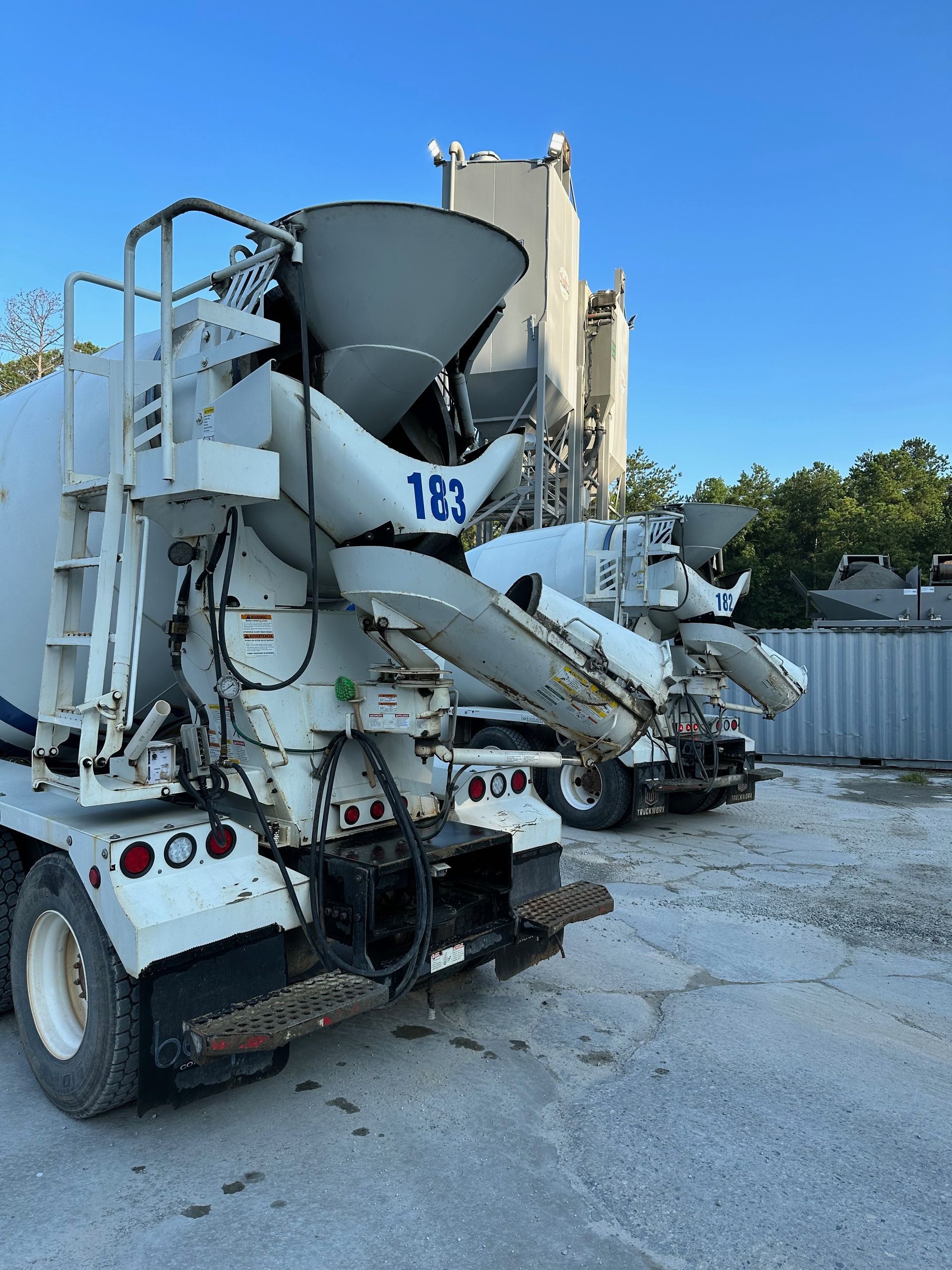Concrete
Cleaning Cost Calculator
Calculate your cleaning costs based on acid concentration, equipment, and job requirements
Job Parameters
Cost Breakdown
Solution Details
Quick Comparison
| Concentration | Diluted | Acid Cost | Total Cost | Efficiency |
|---|
Cleaning Cost Calculator
Calculate your cleaning costs based on acid concentration, equipment, and job requirements
Job Parameters
Cost Breakdown
Solution Details
Quick Comparison
| Concentration | Diluted | Acid Cost | Total Cost | Efficiency |
|---|
Cleaning Cost Calculator
Calculate your cleaning costs based on acid concentration, equipment, and job requirements
Job Parameters
Cost Breakdown
Solution Details
Quick Comparison
| Concentration | Diluted | Acid Cost | Total Cost | Efficiency |
|---|
concrete
The Professional Way to Clean Concrete Trucks
The Smarter Way to Clean Concrete Trucks
We help the concrete industry keep trucks, equipment, and plants clean with powerful, cost-effective concrete removers. Our acid-based solutions are engineered to dissolve buildup fast, while minimizing corrosion, labor, and downtime. Whether you're dealing with fresh film or hardened concrete, we provide the right strength, tools, and support to get the job done efficiently.
Understanding Acid Types
Different acids, from glycolic and phosphoric to muriatic and citric, offer varying balances of cleaning power, safety, and corrosion protection, making it crucial to select the right chemistry for effective concrete removal.
What Really Matters
Choosing the right acid isn’t just about price, it’s about total cost of ownership, fleet preservation, and operator safety. We offer a range of professional grade solutions tailored to your fleet’s needs. Contact us
today for a customized wash program that fits your budget
and safety standards.

CALCULATOR
Calculate Your Wash Savings
Use our RM Fleet Wash Calculator to see how much you can save by optimizing your chemical usage and wash processes. This tool helps you identify cost reduction opportunities and maximize your cleaning efficiency.
FAQs
How do concrete removers work?
Concrete removers work by using acid-based chemistry to break down the calcium compounds that bind cement together. When applied, the acid reacts with the surface of the concrete buildup, dissolving it into a slurry that can be easily rinsed away.
What are concrete removers made of?
The main ingredient in concrete removers are acids which dissolve the calcium compounds in hardened cement. They also include surfactants to improve surface penetration, corrosion inhibitors to protect metal parts, and water to control the strength of the solution.
What are the most common acids used?
The most common acids used in concrete removers include glycolic, phosphoric, muriatic (hydrochloric), citric, and urea hydrochloride. Each offers a different balance of cleaning strength, safety, and corrosion risk, allowing products to target specific buildup levels and surface types effectively.
Why are acid concentrations important?
Acid concentrations are important because they determine how aggressively the remover breaks down concrete buildup. Using the right concentration ensures effective cleaning without excessive corrosion, safety risks, or wasted product.


